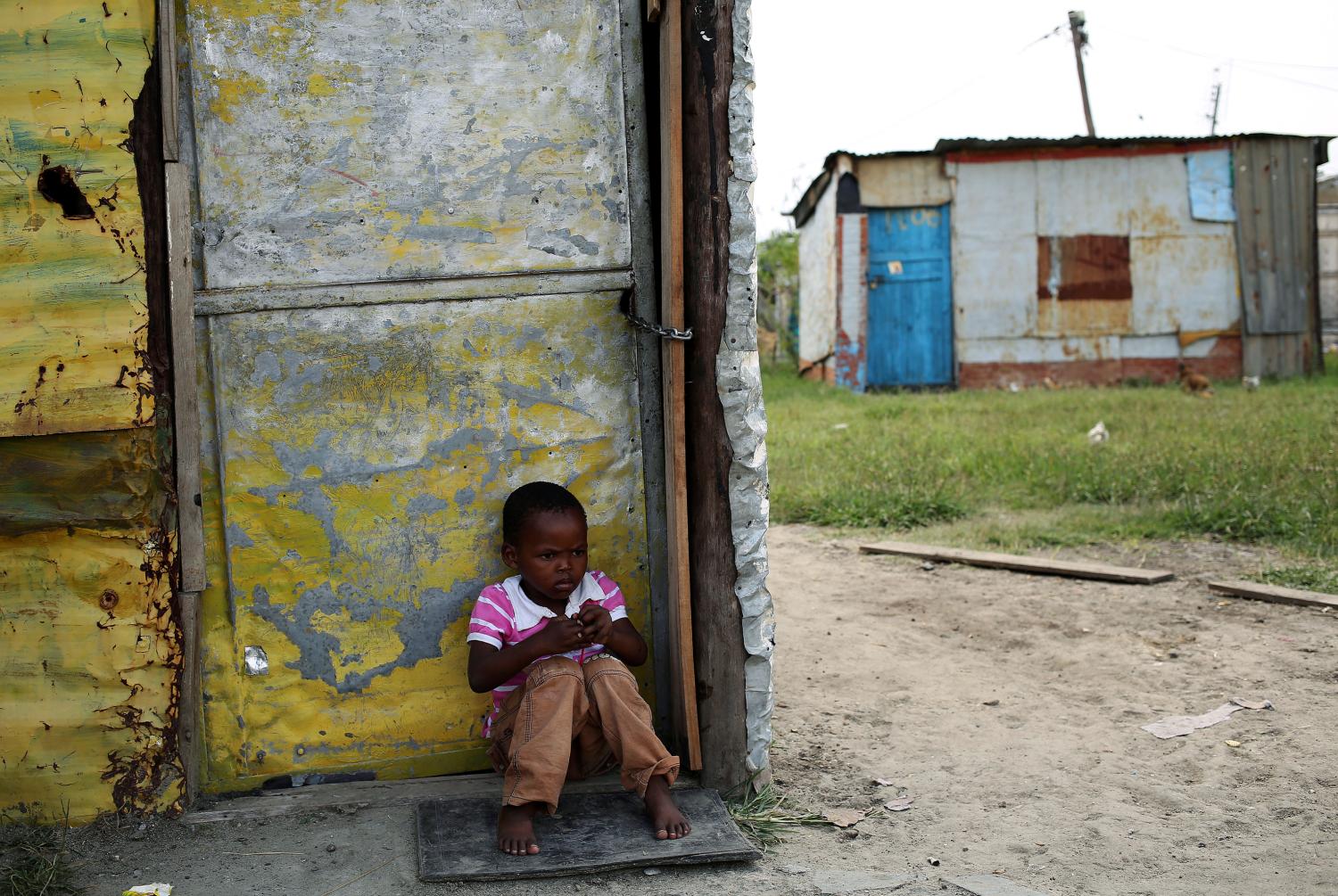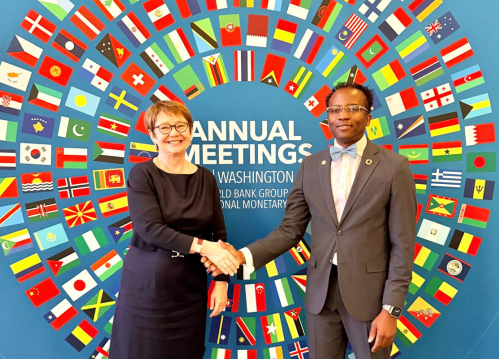This blog is the second of a four-part series highlighting themes from “
The Last Mile in Ending Extreme Poverty
,”
a book published this month by Brookings Institution Press.
Joseph Stalin is reported to have quipped that “One death is a tragedy; one million is a statistic.” In the global scheme of development and progress against poverty, the acute, crushing, and frequently violent poverty of the Central African Republic’s (CAR) 4 million people may only be a minor part of the statistics, but it’s also a tragedy. And it’s a tragedy that’s being replicated, at greater or lesser degrees of intensity, in a further 30 or more countries that currently host roughly half of the world’s poorest people.[1]
While poverty is declining in many places, the poor are increasingly clustered in others. As stable low-income countries make progress, and middle-income countries improve their rates of poverty reduction, the world’s absolute poor will be increasingly concentrated in fragile states. Under one scenario, by 2025, 60-70 percent of the global poor will be located in 45 fragile states.Even if progress in middle-income countries slows, still by 2015 roughly 50 percent of the world’s absolute poor will live in fragile states.
Fragile states will be the toughest battleground in the world’s gathering fight against acute poverty in the 21st century. Unfortunately, the international community is ill-prepared for this particular battle. Violence and uncertainty often define the circumstances of fragile states, and these are circumstances that work against the establishment of institutions conducive to economic growth and development. Violence, especially when accompanied by the spiral into civil war, is a major barrier to economic development—as is its overhang, the shadow of fear of a return to violence. Stable political institutions are foundational to economic growth, but they cannot be built overnight out of conflict. The bloodshed and destruction of civil wars shatter trust, making instantaneous cooperation near impossible. This is especially true in the oft too common scenario of cyclical violence eroding confidence among parties.
Consequently, considerable international attention has been devoted to mediating settlements and subsequent peacekeeping. However, these efforts have done less well in addressing the long-term need for greater post-stabilization activities, particularly spanning the gap between stabilization and institution-building.
Such conditions help explain the history of the CAR, a nation mired in low-level conflict since the 1970s. A series of U.N., African Union, EU, and French forces have repeatedly restored a degree of order, only for a renewed outbreak of conflict to follow their withdrawal. Brevity marked each of these international actions. Short external interventions culminated in either a peace agreement or an election, each just long enough to provide a veneer of progress. These limited efforts failed to implement a lasting peace in CAR. And there lies the rub in post-conflict situations: it’s difficult to successfully transition from peacekeeping to robust institutions capable of halting drifts into conflict.
The interim step of forging elite pacts may provide the critical bridge between post-conflict stabilization and effective institutions. Political settlements, or pacts between elites, can maintain some degree of stability in the absence of strong institutions. Though it is difficult to overcome deficits in trust, political settlements have often served as the foundation for states that have successfully exited violence to embark on the development process. At times peace agreements, at others informal understandings between elites about the rules of the political game and the division of economic spoils, serve as, in short, proto-institutions.
The composition of these elite pacts varies by circumstance. Nonetheless, though each settlement is unique in substance and style, policy research increasingly highlights the importance of inclusion for sustained peace and development. As the United Kingdom’s Department for International Development peacebuilding and state-building framework succinctly states: “Political settlements define how political and economic power is organized. Exclusionary settlements are more likely to lead to instability.”
How then to promote the development of these proto-institutions? And how to guide their transition into full-fledged institutions?
The first inclination is to turn to existing international tools, namely those at the U.N. and World Bank. Organizations such as the Office of Rule of Law and Security Institutions at the U.N. Department for Peacekeeping Operations, the High Commissioner for Human Rights, and the World Bank’s Global Center on Conflict, Security, and Development, are not trivial. However, these institutions have notable constraints, and a disappointing track record on reform. For example, a recent World Bank legal ruling narrowly restricted the Bank’s involvement in political and legal institution building. While involvement in the financing and reform of national police institutions was deemed in violation of the nonpolitical character of the Bank, support for community policing remains permitted. At the U.N., years and years of effort to break down the barriers between political and development programming have made minimal progress. Given these impediments, it is perhaps better to start fresh, rather than hope to spark change in large, change-averse bureaucracies.
Though beginning from scratch is daunting, it provides the international community the opportunity to capitalize on the lessons learned during the past quarter-century while avoiding the baggage carried by existing international institutions. One solution might be to establish a high commissioner for the rule of law, with a focus on institution building for political, security, and justice institutions. We would not have to build this initiative out of thin air. A body of talent, experience, and expertise can be drawn from the Bank, the U.N., regional institutions, and donor governments that could form the core of any new institution designed to tackle this thorny problem. The scholarly knowledge that resides in academic institutions, think tanks, and NGOs across the developed and developing worlds could supplement this effort.
This would not be starting with a blank slate, but it would be a fresh start. And there’s little doubt that a fresh start is needed if we’re going to succeed in going the last mile in helping states build the institutions they need—political, security, and justice—to escape the trap of recurrent violence and fragility.
[1] Exactly what percentage of the world’s absolute poor live in conflict-affected states is debated, with estimates ranging as high as 70 percent if the statistic includes the poor living in conflict-affected sub-national areas of middle-income countries, especially India. The lowest range is around 40 percent.
The Brookings Institution is committed to quality, independence, and impact.
We are supported by a diverse array of funders. In line with our values and policies, each Brookings publication represents the sole views of its author(s).





Commentary
‘The Last Mile’: Laying the political and security foundations first for peace, then development
July 28, 2015